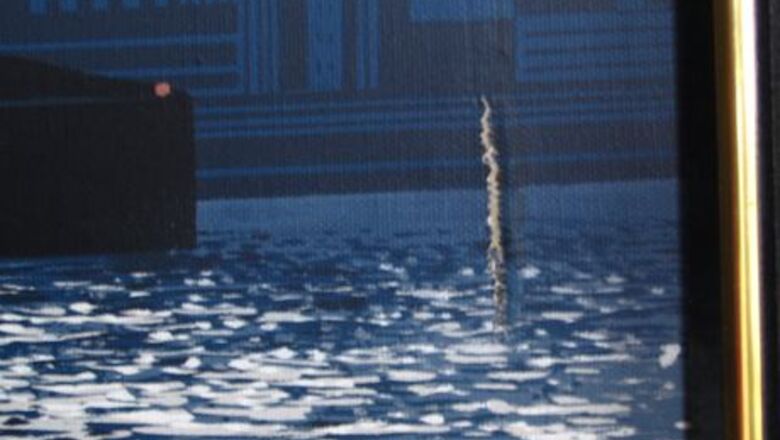
views
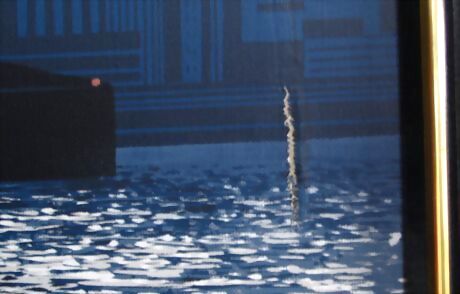
Assess the damage to the painting. If serious, you may need to hire a professional restorer.
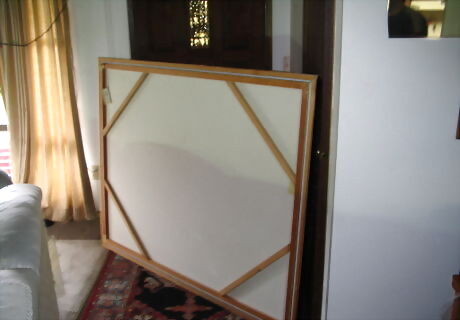
Examine the front and back of the frame. Determine the method of attachment. Removal is reversal of assembly.
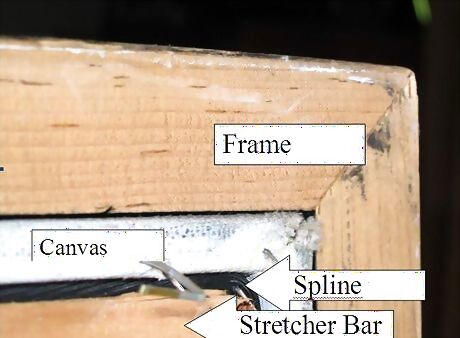
Note which staples go to which part of the assembly.
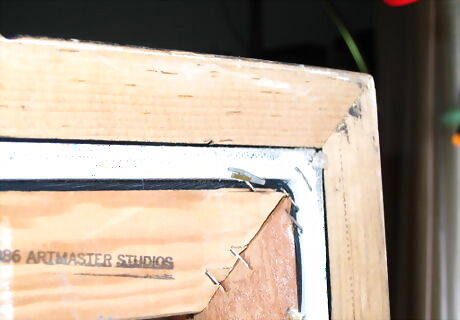
Remove staples, nails or screws from back of frame. It is not necessary to take out the staples holding the stretcher bar itself. Use pliers to remove the staples if they don't come out easily. Continue around the back of the picture.IMG_3623_208.JPG
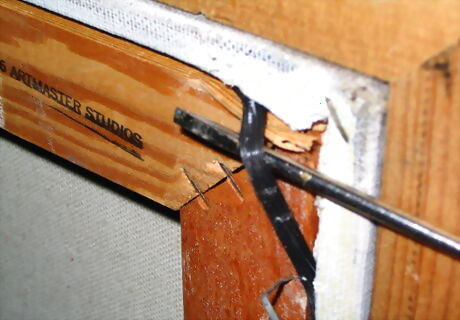
Carefully wedge in the screwdriver to get a grip on the spline.
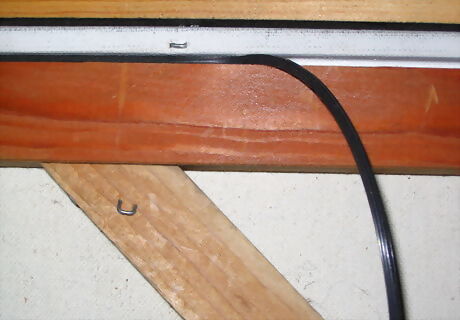
Remove the spline from all the way around the painting.
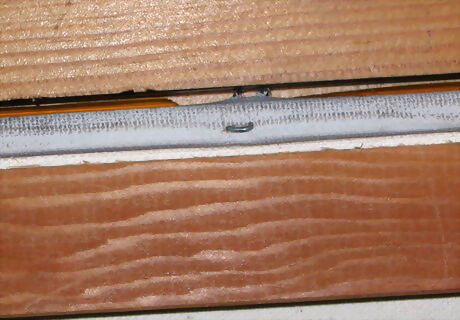
Pull any staples/nails found holding the canvas to the frame, being careful not to rip the canvas material too much. It may need to be re-attached to another stretcher bar if the current one is not reusable.
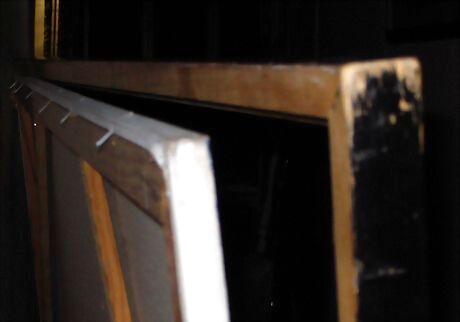
Gently push the canvas backward or frame forward to separate from each other.
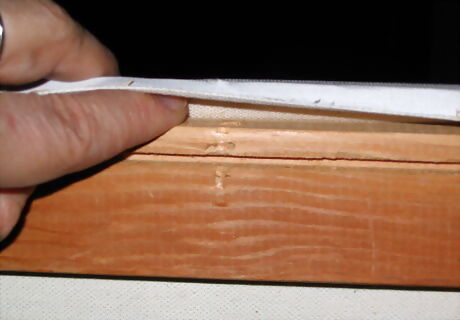
Slowly poke under the canvas. The wood stretcher bar holds the canvas giving it shape. There is a crevice into which the spline used to fit, pinching the canvas taut. This is the same principle a screen door uses.
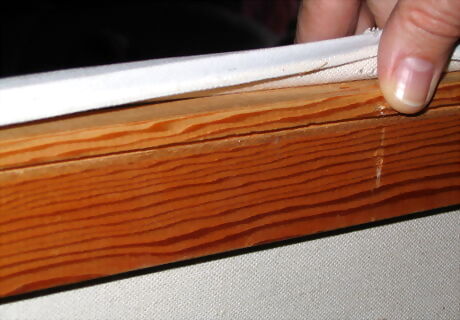
Continue around the edge of the frame/picture. There may be many years that the canvas has been pressed folded. It is not glued to the wood, but may be stuck slightly.
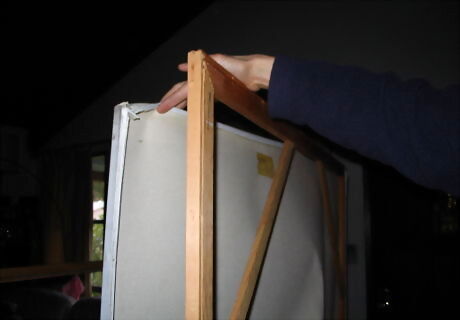
If transporting, carefully roll up around a foam cylinder and place in sturdy carton. Wrap loosely so paint does not chip and break off.




















Comments
0 comment